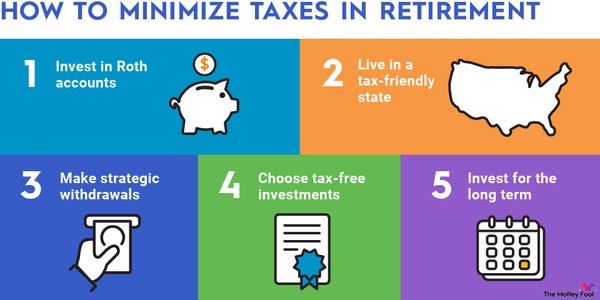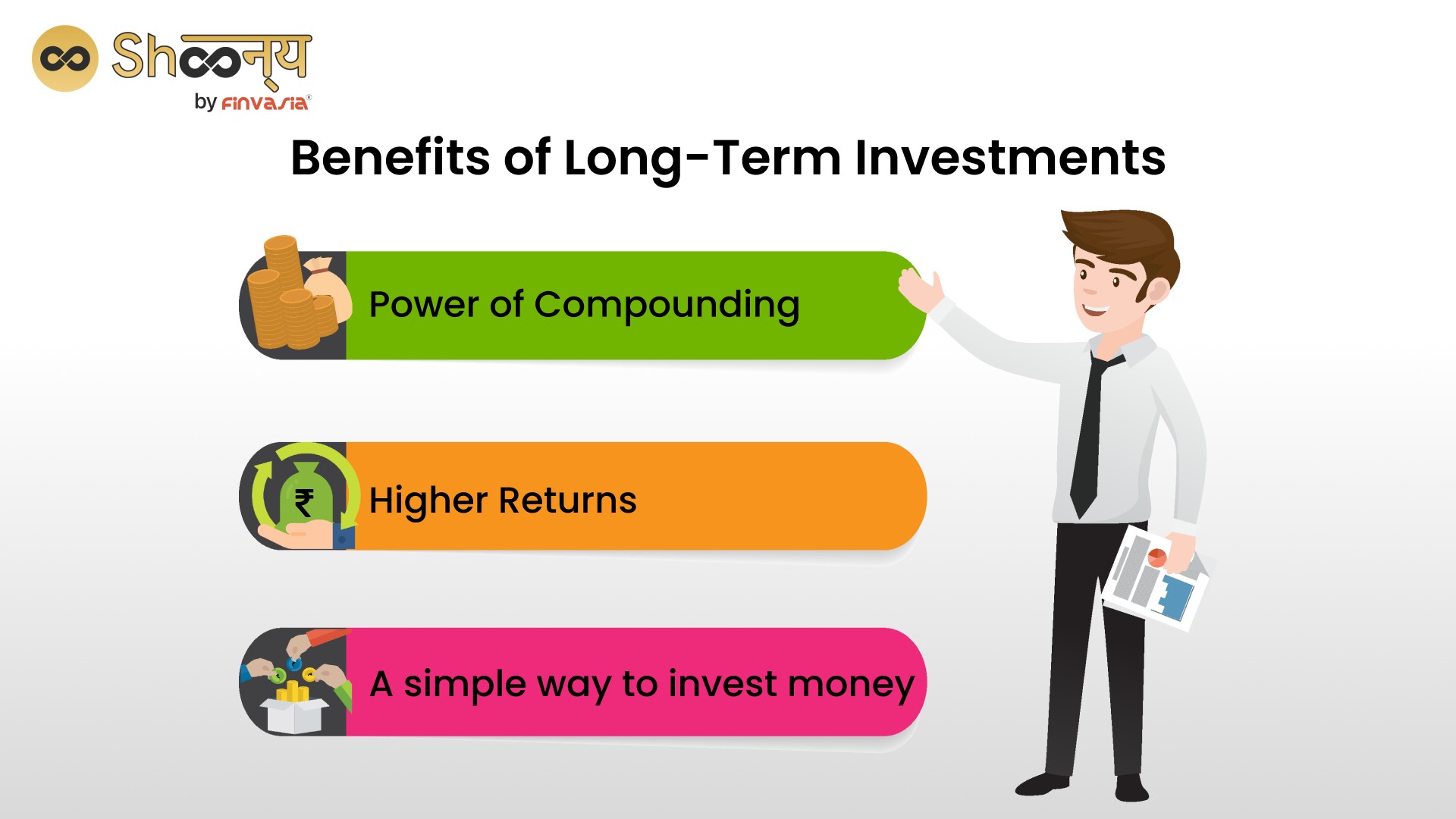Navigating the world of taxes can often feel like deciphering a complex, ever-shifting puzzle. For many, the annual tax declaration is met with a mixture of dread and confusion, yet a solid understanding of how taxes work, and more importantly, how to legitimately minimize your tax burden, is an indispensable skill for individuals and businesses alike. In Germany, as in many developed economies, taxes are a significant component of our financial lives, funding vital public services. However, a passive approach to taxation often means overpaying, while an informed strategy can lead to substantial savings, freeing up capital for investment, debt reduction, or personal enrichment.
The German tax system, while comprehensive, is built upon several core principles. At its heart is **income tax (Einkommensteuer)**, which is progressive, meaning higher earners pay a larger percentage of their income in taxes. This is often automatically deducted from employee salaries as “Lohnsteuer” by employers. Beyond income tax, there’s **Value Added Tax (Mehrwertsteuer)** on goods and services (currently 19% standard, 7% reduced), and for businesses, **corporate tax (Körperschaftsteuer)** and **trade tax (Gewerbesteuer)**. Additionally, depending on individual circumstances, other taxes like church tax (Kirchensteuer), capital gains tax (Kapitalertragsteuer), and inheritance tax (Erbschaftsteuer) come into play. The key to minimizing your tax burden isn’t about avoiding these taxes, but about leveraging the allowances, deductions, and tax-advantaged structures the system provides.
For employees in Germany, a significant avenue for tax minimization lies in understanding and claiming **income-related expenses (Werbungskosten)**. Many individuals simply accept the standard employee lump sum allowance (Arbeitnehmerpauschbetrag), which is automatically deducted from their income. However, if your actual work-related expenses exceed this lump sum, you can claim the higher amount. Common deductible expenses include commuting costs (a fixed amount per kilometer), costs for work equipment (e.g., computers, specialized software, work-related books – if used predominantly for professional purposes), professional development courses, and even home office costs (under certain conditions, a flat rate per day or actual expenses for a dedicated office room). Maintaining meticulous records and receipts for these expenses throughout the year is crucial for substantiating your claims during tax declaration.
Beyond employment-specific deductions, various **special expenses (Sonderausgaben)** and **extraordinary expenses (außergewöhnliche Belastungen)** can reduce your taxable income. Special expenses often include contributions to health insurance, long-term care insurance, and pension schemes (like Riester-Rente or Rürup-Rente, which offer significant tax benefits). Church tax, alimony payments, and certain educational expenses can also fall into this category. Extraordinary expenses cover unavoidable costs due to specific life circumstances, such as significant medical expenses, funeral costs, or support for a financially dependent relative. Understanding these broad categories and what qualifies under each can unlock considerable tax savings. Many individuals overlook these opportunities, effectively paying more tax than legally required.
For investors, understanding **capital gains tax (Kapitalertragsteuer)** is paramount. In Germany, capital gains from investments like stocks, ETFs, and interest income are generally subject to a flat tax rate of 25%, plus a solidarity surcharge (Solidaritätszuschlag) and potentially church tax. However, there’s a crucial annual tax-free allowance (Sparerpauschbetrag), which stands at €1,000 for single filers and €2,000 for married couples (as of 2025). This means that investment income up to this amount is tax-free. To effectively utilize this, investors should submit a “Freistellungsauftrag” (exemption order) to their banks or brokers, instructing them not to deduct tax on gains up to this allowance. For larger portfolios, utilizing tax-advantaged investment wrappers, such as certain life insurance policies (Lebensversicherungen), can offer advantages, as they may defer or reduce capital gains tax upon payout, particularly when structured for wealth transfer.
For businesses, tax minimization strategies often involve a meticulous approach to **deducting operating expenses and leveraging depreciation**. Nearly all expenses incurred for business purposes (Betriebsausgaben) are deductible, including office rent, utilities, salaries, marketing costs, travel expenses, and professional fees (e.g., for accountants or lawyers). Strategic use of depreciation (Abschreibungen) allows businesses to deduct the cost of assets (like machinery, vehicles, or IT equipment) over their useful life, rather than in the year of purchase, spreading the tax benefit over several years. For smaller assets, immediate full depreciation might be possible. Furthermore, managing profit and loss through loss carry-backs and carry-forwards can help offset taxable income in profitable years with losses from previous or future periods, smoothing out the tax burden over time.
Finally, while these strategies can be immensely beneficial, the landscape of tax law is complex and constantly evolving. Therefore, for most individuals and businesses, **seeking professional advice from a qualified tax advisor (Steuerberater)** is an investment that often yields significant returns. A tax advisor can help navigate the intricacies of German tax law, identify all applicable deductions and allowances, ensure compliance, and proactively plan for future tax efficiency. They can also assist with the annual tax declaration, ensuring all relevant information is correctly submitted to the Finanzamt. In essence, understanding taxes and how to minimize them is about empowering yourself with knowledge and leveraging expert guidance to ensure you pay no more than your fair share, thereby optimizing your financial resources for growth and stability.




